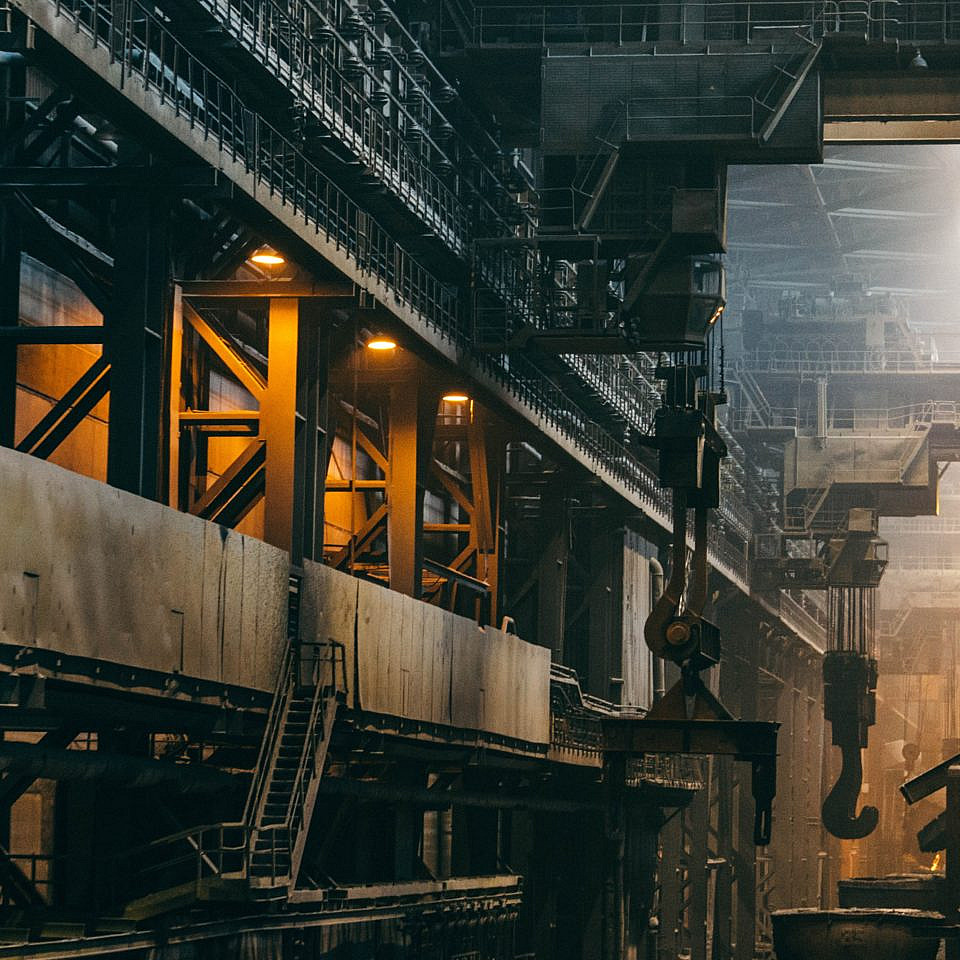
Industrial Policy
Last summer, National Economic Council Director Brian Deese articulated a new vision for a robust and equitable U.S. industrial policy. The strategy seeks to help us reach the full potential of American competitiveness while delivering justice, equity, and prosperity to all citizens.
To inform the Administration’s new strategy, we pulled together a curated set of ideas from our extensive portfolio of nonpartisan, actionable ideas in science and technology policy. These ideas were diversely sourced from more than 300 Day One contributors — including students, academics, activists, industry leaders, local and international government officials, and more.
Our letter addresses each of the industrial strategy’s core pillars in five chapters:
Pillar I: Supply-Chain Resilience
Pillar II: Targeted Public Investment
Pillar III: Public Procurement
Pillar IV: Climate Resilience
Pillar V: Equity
We hope that these ideas help advance the vision of a modern industrial policy that benefits all Americans.
Listening Session with Innovative Startups
We partnered with the White House National Economic Council to convene a closed-door listening session for interagency government leaders to hear from co-founders and supply-chain leaders of 10 startups in critical industries about challenges and opportunities to scale their operations and improve resilience in the United States.
The overarching theme is that for innovative companies in critical industries, the path of least resistance for scaling production is not in the United States — but it could be.
We partnered with the White House National Economic Council to convene a closed-door listening session for interagency government leaders to hear from co-founders and supply-chain leaders of 10 startups in critical industries about challenges and opportunities to scale their operations and improve resilience in the United States.
Looking for supply-chain resilience, advanced manufacturing, equity, and other talent? Want to learn more about flexible hiring mechanisms?
FAS’ Day One Talent Hub works to identify, match, and deploy technical talent into federal agencies to tackle pressing priorities.
Check out our recent discussion on key issues, like competition with China over advanced manufacturing (bioeconomic, cleantech, semiconductor, quantum, etc.), supply chain resilience, and new visions for industrial policy that could spread economic benefits regionally.
Expanded manufacturing programs will invest in our nation’s long-term competitive innovation capacity.
Establish a Manufacturing USA Institute under NIST with the goal of pursuing advanced packaging for scalable heterogeneous computing.
The time is now to transform the research arm of the Education Department into an innovative, novel space to improve education outcomes.
The Advanced Research Projects Agency model can unleash the full potential of our R&D community to solve critical societal challenges.